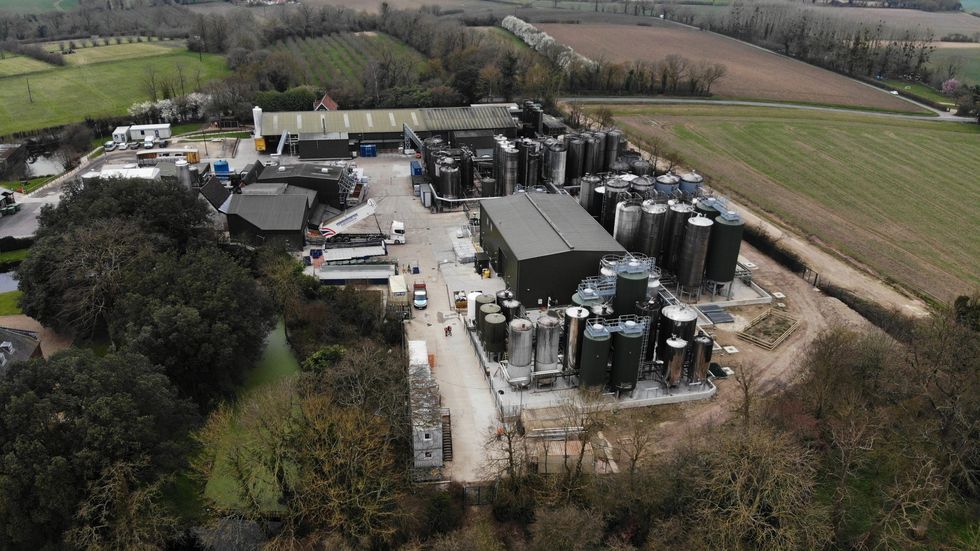Aspall Cyder will hit the screen later this year with its first-ever TV ad as part of a new multi-million-pound marketing campaign launched by owner Molson Coors Beverage Company.
The £3m investment will commence in June with a comprehensive TV, video on-demand (VOD), digital, social and out-of-home media campaign, supported with a brand-new experiential activation concept for both retail and hospitality venues.
The campaign follows a £13m investment in the Aspall Cyder House in Suffolk. A three-year renovation project has increased the site’s capacity by nearly sixty percent to the equivalent of 70 million pints each year - putting the brand in a position to better help its on- and off-trade customers meet growing demand for super-premium cider. The category that is now comparable in size to premium apple cider in the off-trade, with 15% share of total cider[1] sales in major multiples.
“Aspall is one of Suffolk’s most well-known exports," said Phil Pick, Marketing Controller for Cider at Molson Coors. "It’s been produced at the same site for nearly three hundred years and our investment in the Cyder House will ensure this continues for many more to come.
“Coupling the brand’s provenance with a multimillion-pound TV-led marketing campaign is a truly exciting prospect. It will further raise Aspall’s profile and help capitalise on the growth in popularity of premium ciders, that our newly rejuvenated Cyder House is ready to meet.”
Aspall Cyder has been produced at the original Aspall Cyder House in Suffolk since 1728. It is known for its crisp, dry flavour that is unique to East Coast ciders. The marketing campaign will build on the brand’s premium credentials but emphasise that quality doesn’t need to be elitist or pretentious, it can be enjoyed by all, helping elevate social occasions into something really memorable.
Other new features at the Cyder House include upgrades to its waste water treatment plant to reduce the site’s environmental impact, ensuring that all waste water is cleaned on site, rather than having to be transported off site, before it is returned to the water cycle.
A new, dedicated weighbridge has also been installed meaning lorries transporting the cider can be precisely weighed on-site, ensuring that each lorry is loaded fully, thus reducing the number of trips needed to deliver the cider to customers. Together, the water treatment plant and weighbridge will significantly reduce freight traffic in the local area - the equivalent to taking 800 road tankers off nearby roads each year.







